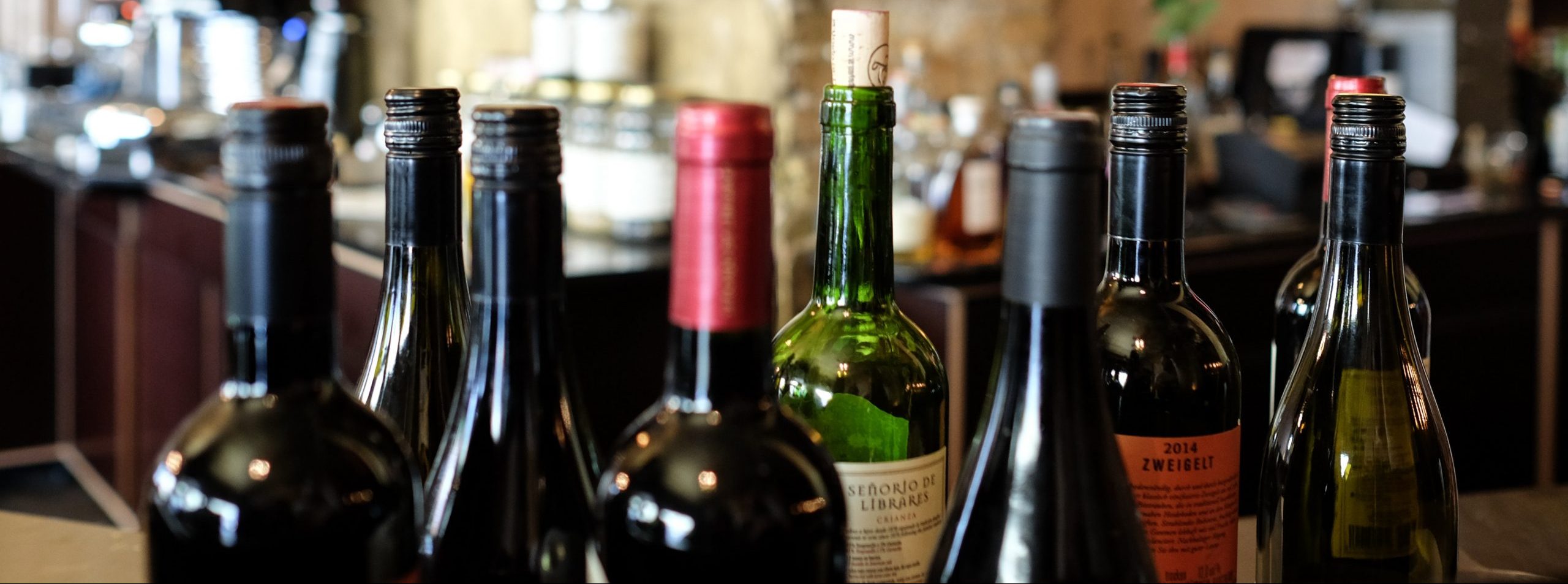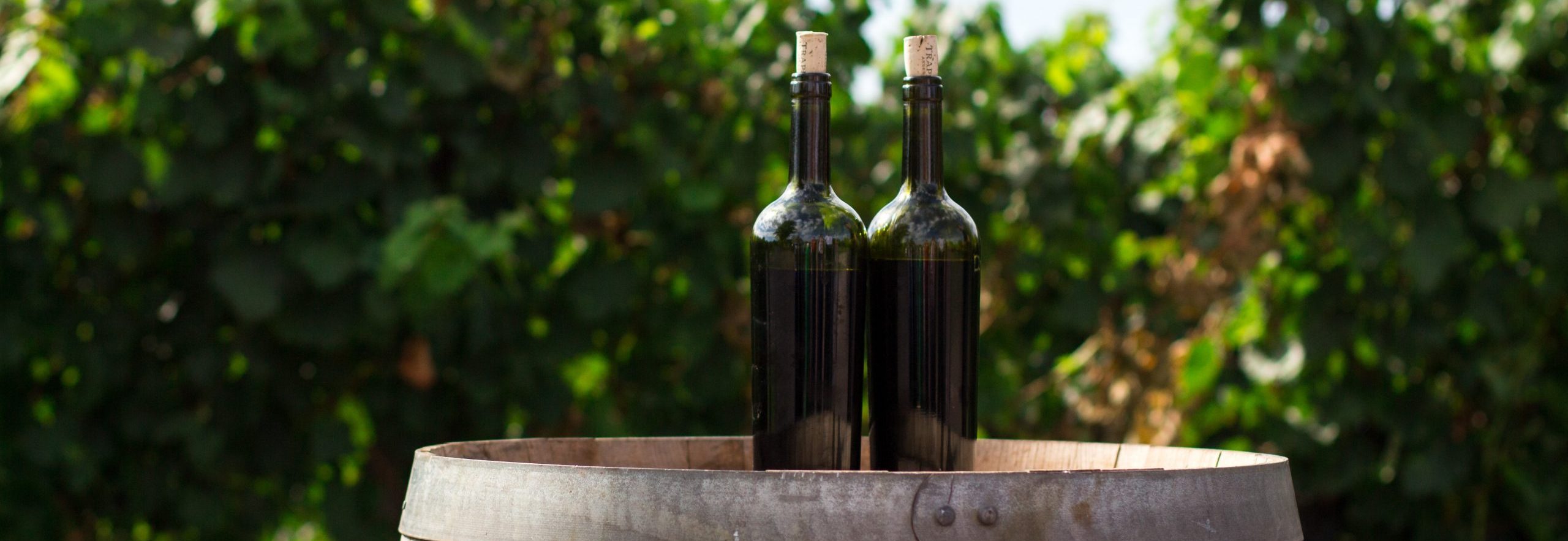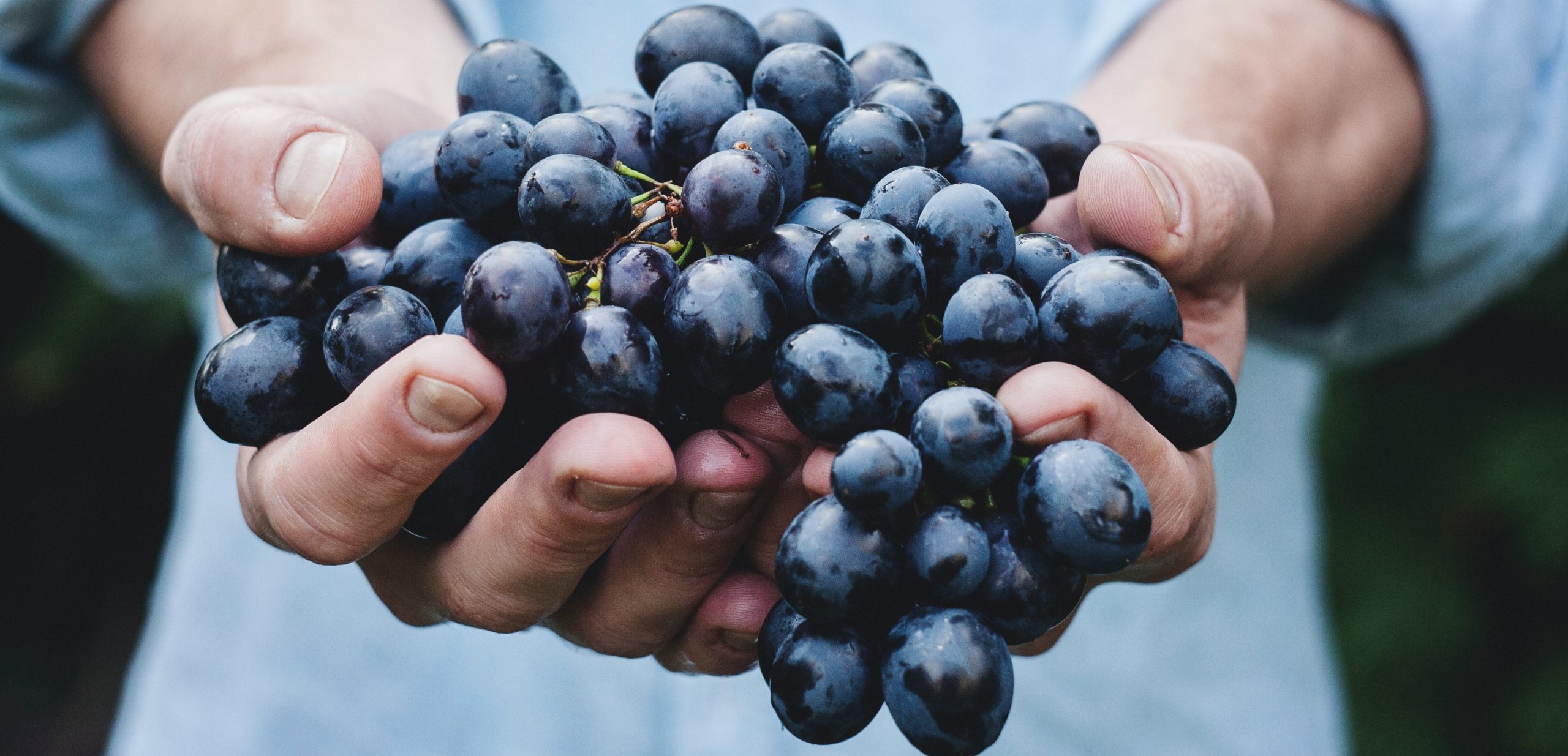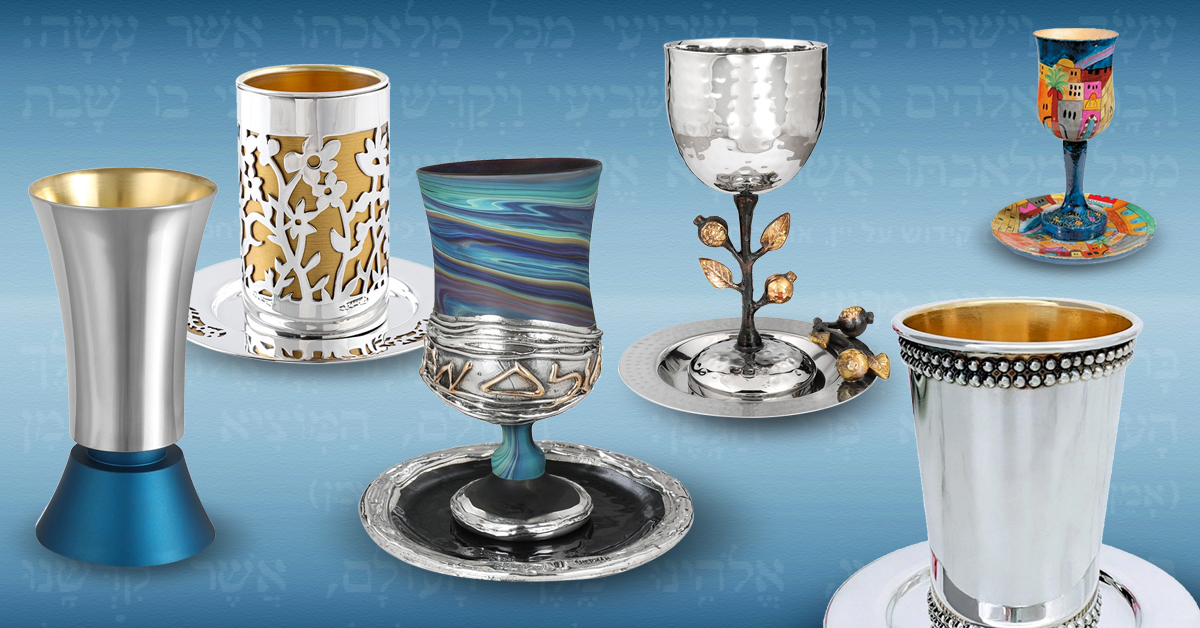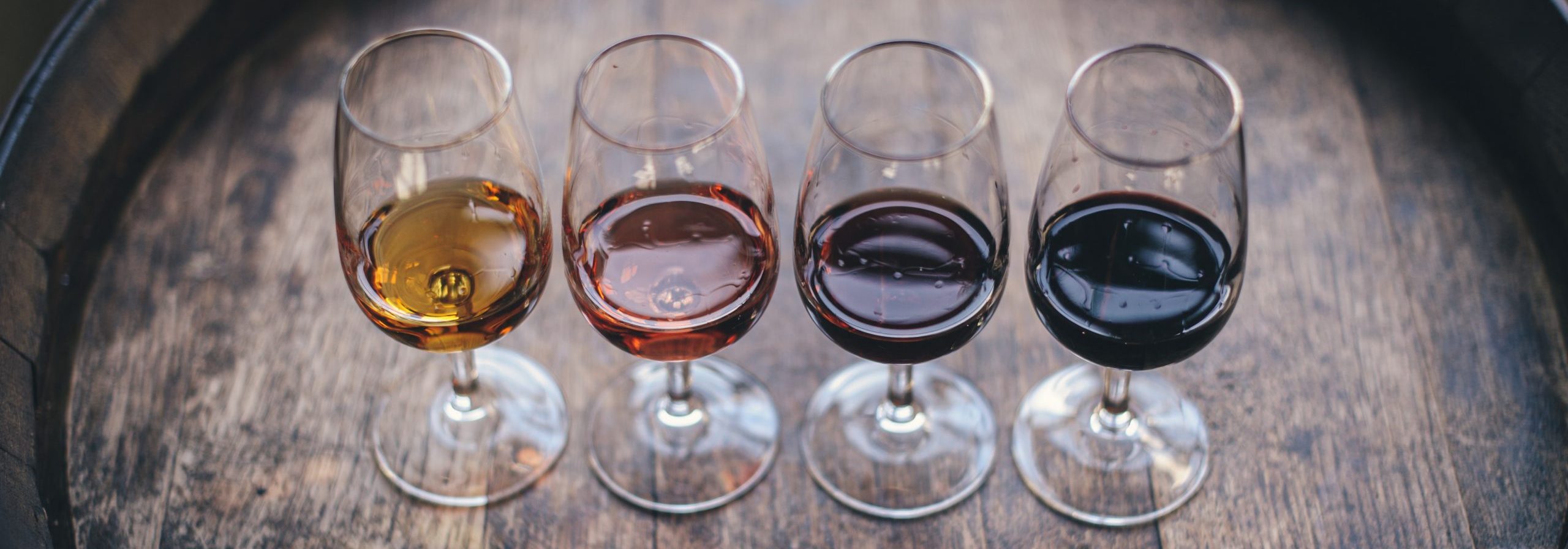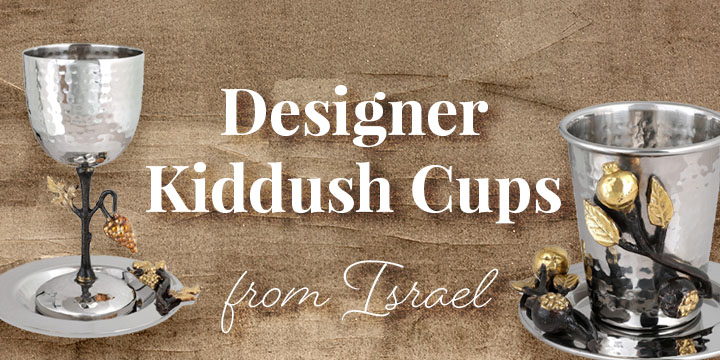Kosher wine is not ever boiled, though there are some bottles where the wine will have been brought to 180F for a moment. These days, other methods like flash detente or flash pasteurization are both quicker and preferred for the minimal effect to the quality. Many non-kosher wines do this too to stabilize taste.
The reason for this is to make the wine mevushal (lit. cooked) as, if not, it would be rendered unkosher after contact with anyone other than an observant Jew. Any large gathering, catered event, etc. would likely need this type of wine. There is also non-mevushal for those who want it.

This myth began because early kosher wine made in the US was primarily from sweet concord grapes in upstate New York. For decades now the market has been filled with a variety of dry, semi-sweet and other varieties of wine from vineyards around the globe.
- Kosher wine has to be blessed by a rabbi
There is a misconception that in order to make wine, or anything else kosher, it needs to be blessed by a rabbi. Not only is this false for wine and anything else, no such bracha exists. Kosher food is based on laws about growing, supervision to prevent cross-contamination, and so on. Moreover, if wine would become unkosher there is no way to make it kosher even with a blessing.
- Kosher wine is just for Kiddush
Kosher wine is for Kiddush, but that’s only because all wine used by Jews traditionally was and should always been kosher. There are many occasions, between Shabbat, holidays, a bris, and other joyous times are marked with wine, meaning lots of moments to get kosher wine even for those who aren’t particularly big drinkers.
No matter the season, kosher wines from Israel are great to have for hosting large gatherings or intimate events, and there’s no greater way use for it than making a special Shabbat Kiddush with family and friends.
